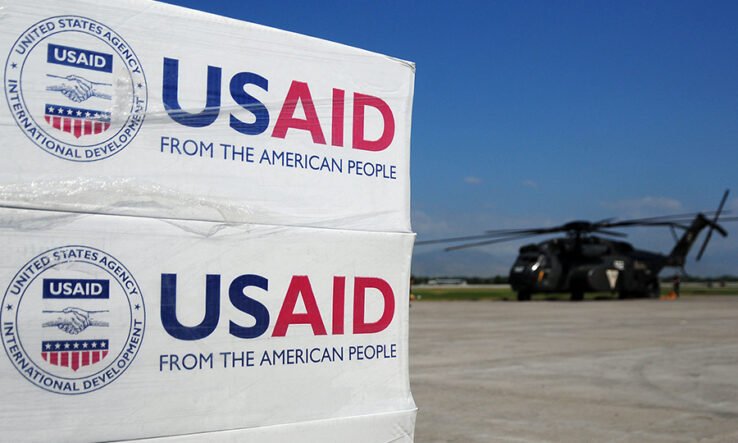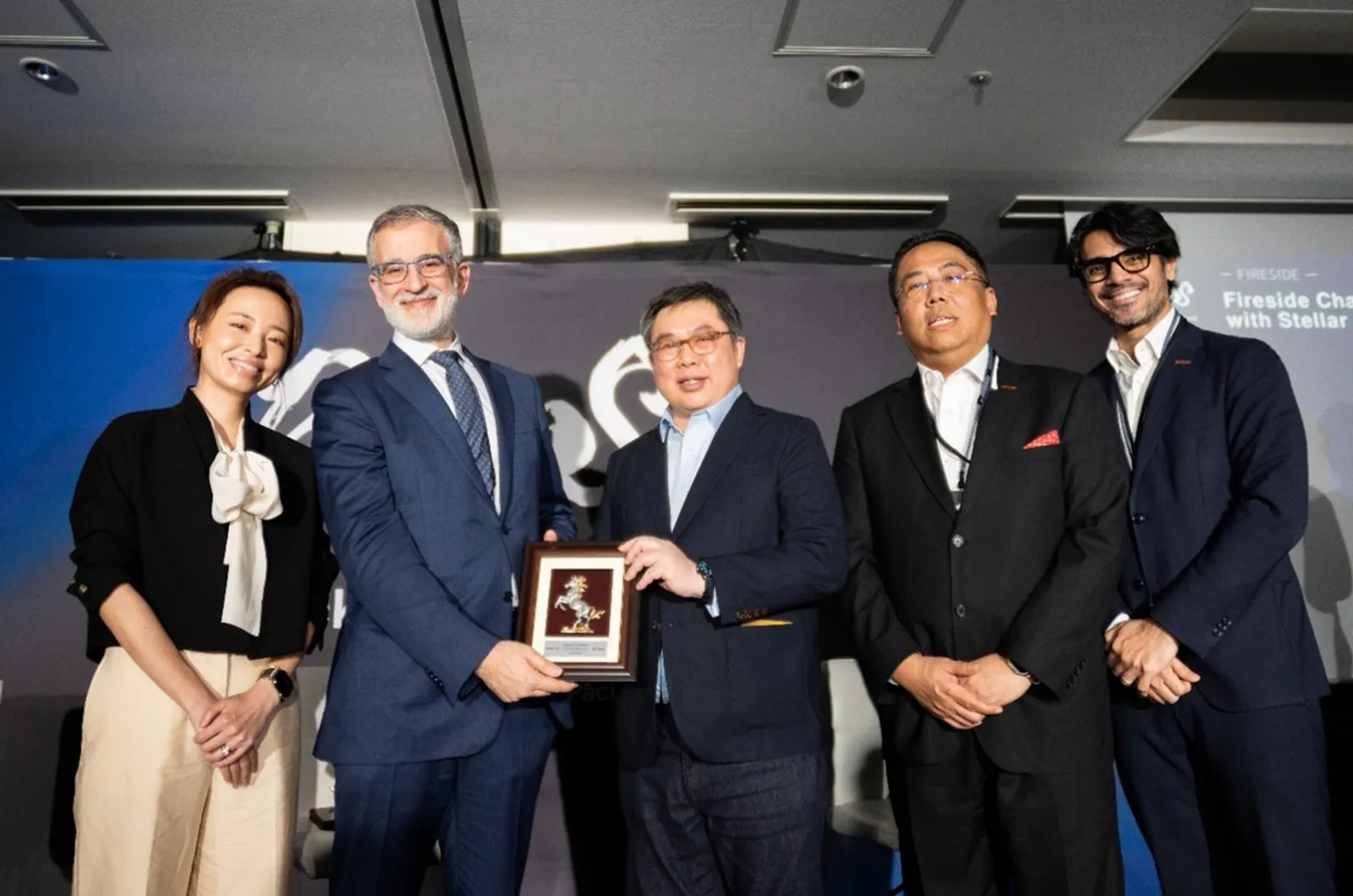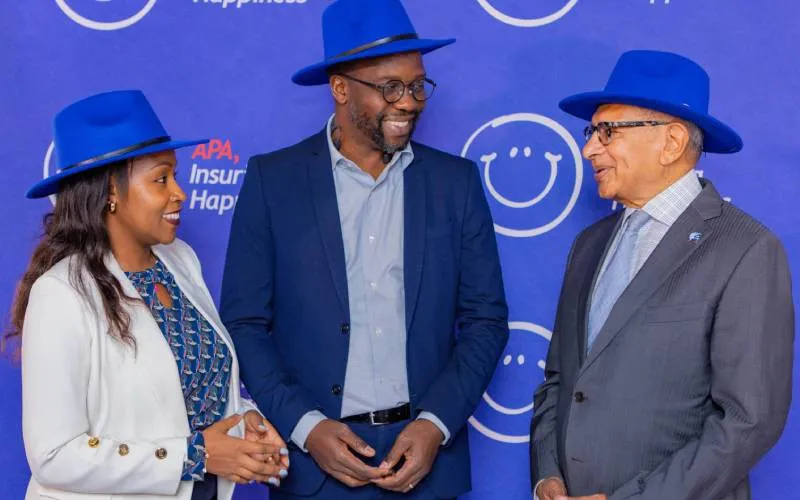The abrupt shutdown of the United States Agency for International Development (USAID) under President Trump’s executive order has sent shockwaves through Kenya’s startup ecosystem, abruptly cutting off a crucial stream of non-dilutive funding that many early-stage businesses relied on for growth. Over the past decade, USAID’s Development Innovation Ventures (DIV) program has injected more than $100 million into Kenyan startups, providing much-needed capital to businesses innovating in sectors like agriculture, healthcare, clean energy, and fintech.
Now, with USAID funding eliminated, many promising startups are scrambling for alternatives, raising concerns about the sustainability of Africa’s tech ecosystem in an era of declining donor support. While this issue primarily affects Kenya, it serves as a stark warning for other African nations, particularly Ghana, which still relies on donor-backed programs to fuel its growing startup scene.
A Lifeline for African Startups—Now Cut Off
In Kenya alone, USAID grants have funded more than 30 startups, offering grants ranging from $500,000 to $6 million to help them scale their operations and prove their business models. Some of the most notable beneficiaries include:
- Pula Advisors, an insurtech company that provides smallholder farmers with weather-based insurance, helping them mitigate climate-related risks.
- BasiGo, an electric bus startup aiming to revolutionize public transport with cleaner, more sustainable mobility solutions.
- Maisha Meds, a digital platform streamlining medical supply distribution in underserved areas.
These companies, like many others in Africa, have relied on donor-backed funding to survive the early stages of growth, where traditional venture capitalists often hesitate to invest due to high risks and long return horizons.
Without USAID’s support, many early-stage African startups may struggle to raise sufficient capital, delaying their expansion or, in some cases, forcing them to shut down entirely.
Beyond Kenya: The Unspoken Reality of African Startups’ Donor Dependence
For all the talk of Africa’s burgeoning tech ecosystem, the reality is that many startups—particularly those in agritech, climate tech, and health tech—still rely heavily on grants and concessional funding from international development agencies.
Kenya has been one of the largest recipients of such funding, benefiting from donor-backed investments that have de-risked startups in critical sectors. In 2024 alone, Kenya’s startup ecosystem secured $638 million in venture capital, but much of this capital flowed into later-stage companies that had already demonstrated profitability.
Early-stage startups, particularly those solving local challenges with longer return horizons, continue to struggle to attract investment. While venture capital firms chase high-growth, revenue-generating businesses, startups in impact-driven sectors rely on grants, soft loans, and blended financing models to survive their formative years.
Ghana is no exception.
While Ghanaian startups are gaining global recognition—especially in fintech, e-commerce, and renewable energy—many still depend on grants and donor-backed programs to build and scale their solutions. The USAID shutdown serves as a stark reminder that relying on foreign aid is not a sustainable long-term strategy.
A Bigger Threat: What Happens If DFC Pulls Out Next?
The loss of USAID funding is already causing uncertainty, but a potentially larger concern looms on the horizon: the future of the International Development Finance Corporation (DFC).
The DFC, another major player in African startup financing, has provided crucial debt financing and concessional loans to startups and SMEs across the continent. Companies like:
- M-KOPA, a pay-as-you-go solar energy provider
- Twiga Foods, an agritech firm that connects farmers to retailers
- Ilara Health, a diagnostic platform that secured a $1 million loan in 2024
…have all benefited from DFC’s support.
If DFC funding is also cut, many African startups that rely on low-interest loans and blended finance will face serious survival challenges. The risk is particularly high for startups in capital-intensive industries like clean energy, healthcare, and infrastructure, where securing traditional investment is already difficult.
What This Means for Ghana—and the Urgent Need for Change
Ghana’s startup ecosystem is at a crucial juncture. The country has seen impressive growth in its tech sector, attracting investors and fostering innovation across industries. However, much like Kenya, Ghana still relies heavily on foreign aid and donor-backed funding to bridge the gap between ideation and scalability.
With the withdrawal of USAID funding in Kenya and the potential scaling back of DFC investments, Ghana must take proactive steps to reduce its dependence on external funding and build a more self-sustaining startup ecosystem.
Key Steps for Ghana’s Startup Ecosystem to Thrive Without Foreign Aid
1. Strengthening Local Venture Capital and Angel Investment Networks
One of Ghana’s biggest challenges is the lack of risk-tolerant local investors. While international venture capital firms are showing interest in Ghanaian startups, local capital remains scarce, leaving many founders with limited options outside of foreign donors.
To change this, Ghana must:
- Encourage the growth of homegrown venture capital firms willing to fund early-stage startups.
- Develop angel investor networks that can provide seed capital to promising startups.
- Establish public-private co-investment programs to reduce risk and attract more domestic investors.
2. Government-Led Startup Incentives
Other African countries are taking aggressive steps to support their startup ecosystems:
- Rwanda has positioned itself as a tech hub through favorable policies and startup-friendly incentives.
- Nigeria is actively funding startups through government-backed initiatives like the Nigeria Startup Act.
Ghana must follow suit by implementing policies that:
- Provide tax incentives for investors who fund local startups.
- Offer matching funds for startups raising capital from private investors.
- Reduce bureaucratic barriers to entrepreneurship and innovation.
3. Strengthening Corporate-Startup Partnerships
Established Ghanaian companies have an important role to play in supporting the country’s startup ecosystem. Instead of leaving startups to chase foreign donors, corporate giants should:
- Invest in startups through corporate venture funds.
- Launch accelerator programs that provide funding and mentorship.
- Create industry-specific partnerships that allow startups to scale faster.
4. Exploring Alternative Funding Models
With donor funds shrinking, Ghanaian startups must become more creative in how they raise capital. Some viable alternative funding models include:
- Revenue-Based Financing (RBF): Instead of giving up equity, startups can raise funds based on future revenue streams.
- Crowdfunding: Engaging the Ghanaian public and diaspora community to fund promising ventures.
- Diaspora Investment Funds: Ghana has a vast and wealthy diaspora population that can be mobilized to invest in local startups.
A Future Beyond Donor Dependence
The USAID shutdown is not just a funding freeze—it’s a wake-up call for African startups.
For too long, Africa’s tech ecosystem has been propped up by foreign grants, concessional loans, and donor-backed programs. But as the global aid landscape shifts, startups must adapt or risk collapse.
Kenya’s loss of USAID funding should serve as a lesson for Ghana:
- If Ghana’s startup ecosystem is to survive and thrive, it must become less dependent on foreign aid.
- Government, investors, and corporate entities must step up to fill the gap left by donors.
- Founders must explore new and creative funding models to sustain their businesses in a more competitive investment environment.
Because the hard truth is this: When foreign aid dries up, the startups that survive won’t be the ones that waited for a new donor—they’ll be the ones that built sustainable, investment-worthy businesses, with or without USAID.
Ready to take your career to the next level? Join our dynamic courses: ACCA, HESI A2, ATI TEAS 7 , HESI EXIT , NCLEX – RN and NCLEX – PN, Financial Literacy!🌟 Dive into a world of opportunities and empower yourself for success. Explore more at Serrari Ed and start your exciting journey today! ✨
photo source: Google
By: Montel Kamau
Serrari Financial Analyst
13th February, 2025
Article, Financial and News Disclaimer
The Value of a Financial Advisor
While this article offers valuable insights, it is essential to recognize that personal finance can be highly complex and unique to each individual. A financial advisor provides professional expertise and personalized guidance to help you make well-informed decisions tailored to your specific circumstances and goals.
Beyond offering knowledge, a financial advisor serves as a trusted partner to help you stay disciplined, avoid common pitfalls, and remain focused on your long-term objectives. Their perspective and experience can complement your own efforts, enhancing your financial well-being and ensuring a more confident approach to managing your finances.
Disclaimer: This article is for informational purposes only and does not constitute financial advice. Readers are encouraged to consult a licensed financial advisor to obtain guidance specific to their financial situation.
Article and News Disclaimer
The information provided on www.serrarigroup.com is for general informational purposes only. While we strive to keep the information up to date and accurate, we make no representations or warranties of any kind, express or implied, about the completeness, accuracy, reliability, suitability, or availability with respect to the website or the information, products, services, or related graphics contained on the website for any purpose. Any reliance you place on such information is therefore strictly at your own risk.
www.serrarigroup.com is not responsible for any errors or omissions, or for the results obtained from the use of this information. All information on the website is provided on an as-is basis, with no guarantee of completeness, accuracy, timeliness, or of the results obtained from the use of this information, and without warranty of any kind, express or implied, including but not limited to warranties of performance, merchantability, and fitness for a particular purpose.
In no event will www.serrarigroup.com be liable to you or anyone else for any decision made or action taken in reliance on the information provided on the website or for any consequential, special, or similar damages, even if advised of the possibility of such damages.
The articles, news, and information presented on www.serrarigroup.com reflect the opinions of the respective authors and contributors and do not necessarily represent the views of the website or its management. Any views or opinions expressed are solely those of the individual authors and do not represent the website's views or opinions as a whole.
The content on www.serrarigroup.com may include links to external websites, which are provided for convenience and informational purposes only. We have no control over the nature, content, and availability of those sites. The inclusion of any links does not necessarily imply a recommendation or endorsement of the views expressed within them.
Every effort is made to keep the website up and running smoothly. However, www.serrarigroup.com takes no responsibility for, and will not be liable for, the website being temporarily unavailable due to technical issues beyond our control.
Please note that laws, regulations, and information can change rapidly, and we advise you to conduct further research and seek professional advice when necessary.
By using www.serrarigroup.com, you agree to this disclaimer and its terms. If you do not agree with this disclaimer, please do not use the website.
www.serrarigroup.com, reserves the right to update, modify, or remove any part of this disclaimer without prior notice. It is your responsibility to review this disclaimer periodically for changes.
Serrari Group 2025
















